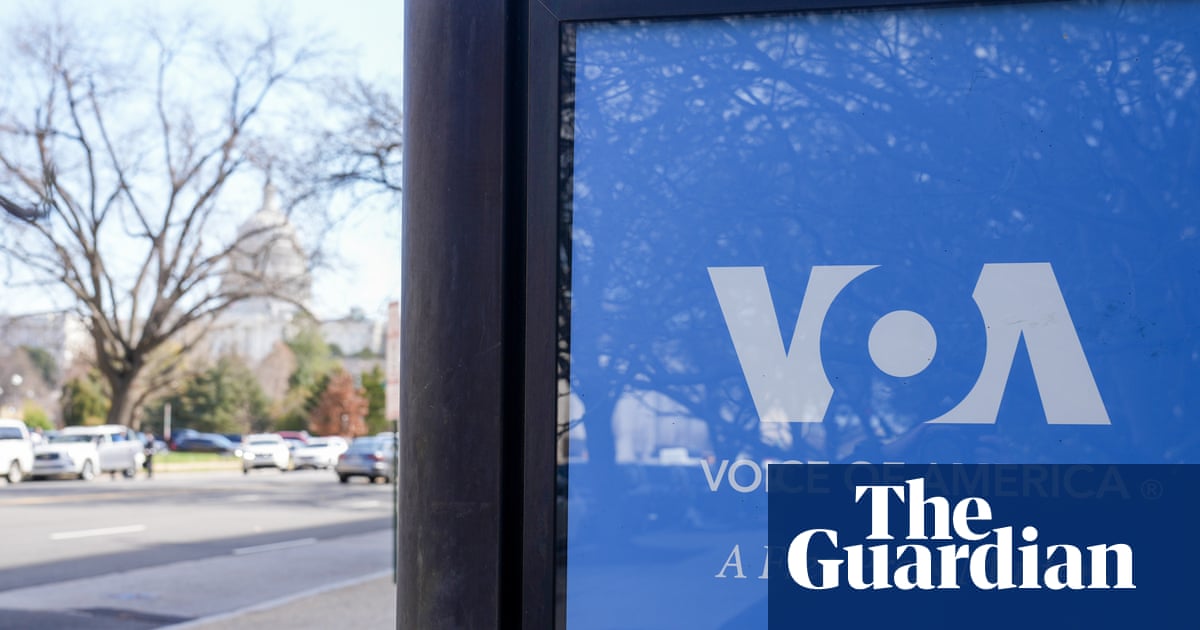Treasury Secretary Scott Bessent recently discussed the ongoing trade tensions between the U.S. and China. He believes the U.S. is in a strong position and that China made a mistake by escalating the conflict.

Bessent stated, "They’re playing with a pair of twos." This means China has a weak hand in this trade battle because the U.S. exports much less to China than vice versa. He explained that if China raises tariffs on U.S. goods, it won’t significantly impact the U.S. since we only send about one-fifth of what they send to us.
The day after his comments, the U.S. planned to increase tariffs on China and other countries. Bessent mentioned these tariffs are intended to encourage countries to negotiate and help bring jobs back to the U.S. So far, Japan has been proactive in discussions, and Bessent expects other nations with trade deficits to follow suit.
His vision is that these tariffs will not only generate revenue for the U.S. but also gradually bring back manufacturing jobs. He noted, "If we create a tariff wall, the goal is to bring jobs home." As manufacturing returns, he believes tariff revenues will decline, but the economic benefits from new jobs and businesses will grow.
Interestingly, about 70 countries have expressed interest in negotiating with the U.S. However, China remains firm in its stance, vowing to "fight to the end" and has already imposed steep tariffs on American goods.
The U.S. had a nearly $300 billion trade deficit with China in 2024, accounting for about one-third of the nation’s total trade imbalance. The Trump administration hopes these tariffs can help level the playing field for American products while addressing non-tariff barriers like currency manipulation and other unfair trade practices.
It’s worth noting that stock markets reacted positively to Bessent’s remarks, which suggests investors are optimistic about the potential outcomes of these trade strategies.
In summary, while tensions between the U.S. and China continue, there is a belief that the U.S. holds the upper hand. The goal is clear: to negotiate better terms, bring jobs back, and ultimately create a fairer trading environment.
For more on trade policies and their impacts, you can check reports from the U.S. Trade Representative for the latest updates.
Source link
Breaking news: Politics,Breaking News: Markets,business news










